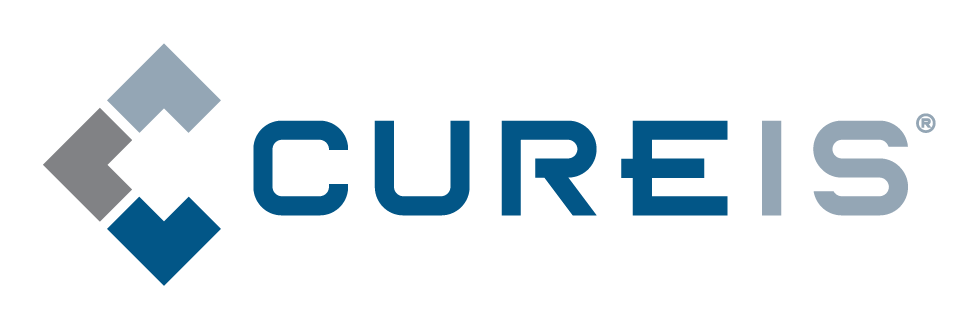Benefits of Managed Care: Cost Savings, Quality Assurance, and Beyond
While managed care offers a structured payment system, fee-for-service charges for each individual service provided. Both models have their advantages and drawbacks. Now, let's zero in on managed care. In this article, we will look at five of the benefits managed care has to offer:
Financial Stability and Predictability
Emphasis on Preventive Care
Integrated Care Delivery and Coordination
Enhanced Data Analytics and Utilization
Streamlined Administrative Processes
1. Financial Stability and Predictability
At the heart of managed care lies its approach to financial structuring. By pivoting to fixed payment structures, whether based on a per-member-per-month model or bundled payments tailored for specific conditions. This can help deliver a steadier economic landscape compared to the oscillations typical of fee-for-service billing.
2. Emphasis on Preventive Care
Managed care is unequivocal in its emphasis on preventive care, recognizing the long-term benefits of early diagnoses and preventive interventions. Such proactive healthcare not only augments patient outcomes but also economizes resources by forestalling expensive treatments down the line. This necessitates the optimization of tools that track and facilitate timely health interventions, ensuring patients remain at the peak of their health.
3. Integrated Care Delivery and Coordination
Managed care champions the seamless coordination among diverse healthcare providers, fostering a comprehensive approach to patient care. This not only enhances patient outcomes and satisfaction but also bolsters the hospital's reputation, potentially attracting more patients.
4. Enhanced Data Analytics and Utilization
Managed care contracts mandate detailed reporting on quality, outcomes, and costs. This not only pushes hospitals to amplify their data analytics capabilities but also offers insights that can steer enhancements in care delivery and operations. This underscores the importance of investing in and honing advanced data analytics tools, enabling the hospital to discern patient trends, measure outcomes, and pinpoint areas for improvement.
5. Streamlined Administrative Processes
When it comes to the complexities of healthcare, administrative efficiency often takes a backseat, overshadowed by the immediate urgencies of medical care. However, it's undeniable that streamlined administrative processes play a pivotal role in the seamless functioning of a hospital. Managed care simplifies this realm considerably. With a reduced need to navigate through myriad insurance procedures and protocols, hospitals find their administrative burdens considerably lightened. This means faster billing cycles, fewer entanglements with claim disputes, and a drastic reduction in paperwork. Consequently, this efficiency not only translates to reduced overhead costs but also enables administrative staff to focus on more strategic tasks, enhancing overall hospital operations and patient satisfaction.
How CureIS Can Make Managed Care Easier
Your journey to optimizing managed care doesn’t have to be tumultuous. With CureIS, you're not just getting a service; you're gaining a partner. Our tech suite is designed to integrate seamlessly with your operations, supercharging your managed care initiatives. From automating bottlenecks to reconfiguring clean data tailored for your systems, we ensure a fluid, hassle-free experience. And with our transparent reporting tools, you're always in the loop. Beyond streamlining bottlenecks, CureIS stands as your vanguard against bad data. We ensure every piece of information is complete, accurate, and primed for your utilization.
Managed care, with its array of benefits, is the focus area of many health plans and government care. With its emphasis on preventive care, financial stability, and data-driven decision-making, managed care presents an avenue for holistic, efficient, and high-quality healthcare delivery.
Interested in ensuring your managed care data is compliant? Connect with the experts at CureIS to delve deeper into how our technology can elevate your managed care experience.
